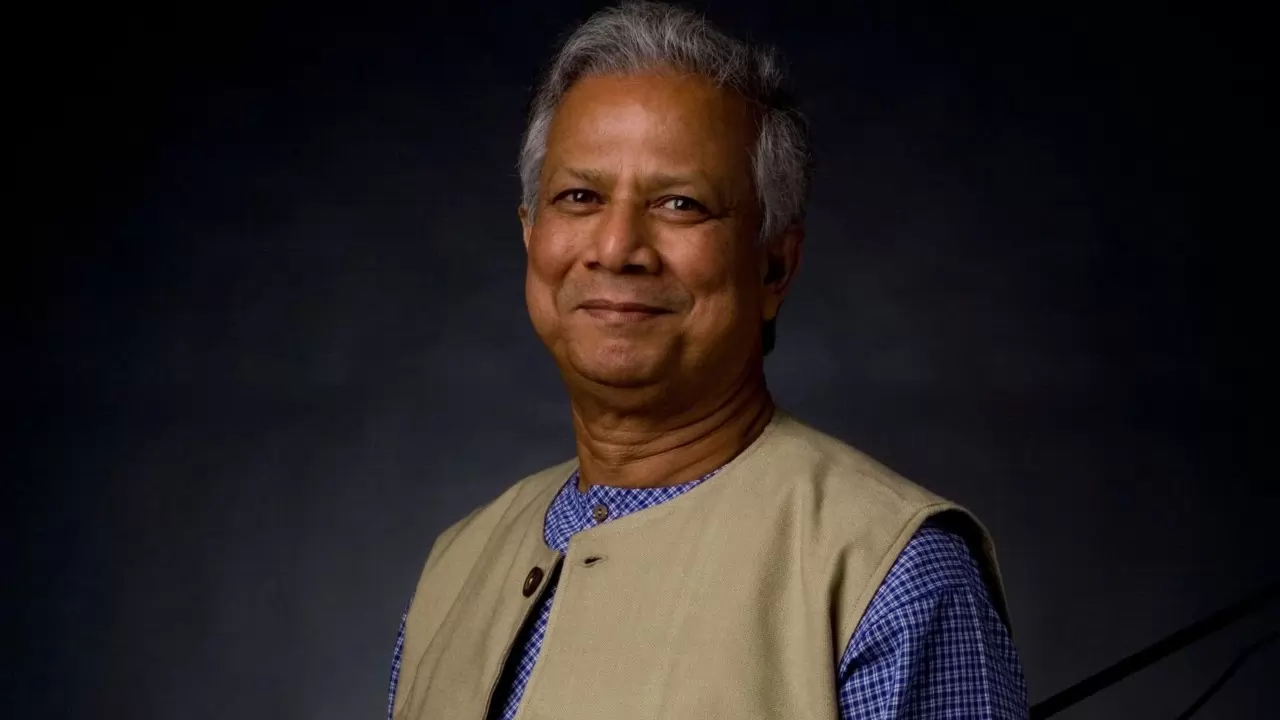
Yunus has been a vocal critic of Sheikh Hasina and her government for years (File Image)
The newly appointed leader of Bangladesh’s interim government, Muhammad Yunus, commended the student-led protests that brought an end to Sheikh Hasina’s rule, leading to her departure from the country. In a media briefing on Sunday, Yunus expressed his admiration for the students, stating, “There’s no doubt... the student-led revolution toppled the entire government.” He further highlighted his conversation with the students, adding, “I told them, 'I respect and admire you... What you've achieved is unparalleled... and because you asked me to take charge of the interim administration, I accept.'”
Yunus did not hold back in his criticism of Hasina, who resigned and has since sought refuge in India. Describing her as a “monster,” he remarked, “Finally, the moment has come—the monster is gone,” referring to Hasina’s exit, which marked the conclusion of what the opposition had long denounced as an autocratic regime that stifled all dissent.
Yunus also addressed the recent resignations of key figures close to the ousted Prime Minister, Sheikh Hasina, following ultimatums from student leaders who orchestrated the protests. He affirmed the legality of these resignations, stating, “Legally... all the steps were taken.”
One of the primary objectives of the interim government, according to Yunus, is to restore judicial independence. He harshly criticized the former chief justice, Obaidul Hassan, labeling him "just a hangman." In a significant move, Syed Refaat Ahmed was appointed as the new chief justice on Sunday, a decision influenced by the student leaders behind the protests. The recent unrest led to the deaths of over 300 individuals, including students and police officers.
Yunus has been a vocal critic of Sheikh Hasina and her government for years. His conflict with Hasina dates back to 2008, when her administration initiated investigations into his activities and his work with Grameen Bank. In 2013, Yunus faced trial on charges of receiving money without government authorization, including funds from his Nobel Prize and book royalties. Yunus has consistently denied these allegations, with his supporters arguing that he was targeted due to his strained relations with Hasina.





Copyright © 2026 Top Indian News
